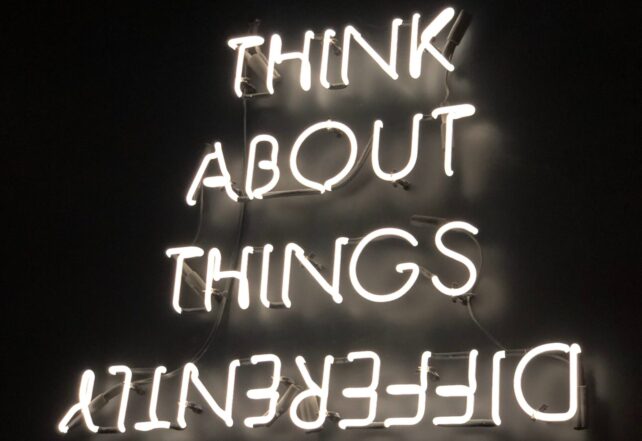
Education should not be based solely on the amount of book knowledge stored in the brain, called banking, or by rote learning, but on critical thinking, the ability to create knowledge within the domain of practice, praxis. By extension, metacognitive and metalinguistic reasoning skills are part of this critical thinking. Within this framework, multiculturally designed curricula (the Australian model is exemplary) should define the instructional objectives, standards, and goals of each unit, with teachers having a significant input, especially at the school level, to bolster grasp and ownership.
Besides direct subject content built into curriculum planning, skill sets and standards that foster intelligence, analysis, and synthesis have to be taught and modelled continuously, especially given that they are neither static nor immutable. The pedagogy of Pablo Freire is a good starting point in this respect. In this context, Ministries of Education (MoEs) should seek to strengthen instructional leadership and promote equitable learning via culturally responsive and effective instructional output and accountability. They must enable methodologies that inculcate all of the above and cater to various learning styles, pace, and intelligence types of all students. The Workshop Model, for example, is a methodology that pushes students to be creative and responsible for their own learning. It enables students to take charge of their own learning, become active and engaged in their work and development of understanding. It also is a language-inclusive approach that fosters language learning regardless of the subject content. And it can be supplemented by various other approaches that may include:
- Alternative Teaching: a co-teaching model in which one teacher works with a small group of students as the other teacher instructs the large group.·
- Peer Instruction: students work in pairs or small groups engaged in active learning from, and teaching to, their partners or the rest of the group. According to physicist and educator Eric Mazur of Harvard University, students are able to explain it in terms that other students can easily understand.
· - Small Group Work: gives students the opportunity to engage in process skills that are critical for processing information, solving problems, and evaluating management skills and self-responsibility through the use of roles within groups; assessment skills involved in assessing options to make decisions about their groups’ final answers and presentation skills, as each group must present to the whole class.
· - Flipped Classroom: the teacher acts as a facilitator, monitoring students’ progress on assigned work, and stepping in to help when they get stuck.
· - Project-Based Learning: students engage in projects, and are responsible for doing their own research and solving problems for themselves, with minimum guidance. Class time is devoted to group collaboration and class presentation of completed projects and what students have learned along the way.
Similarly, multiple evaluation yardsticks should be applied: standardized tests, often the only one used; project-based assessments; performance assessments; group work assessments; portfolios; game-based assessments; conferencing assessments, and peer and self-assessments that include use of checklists and rubrics.
In keeping with the physical and psychological needs of students, each teacher and school should be equipped with the necessary tools and mechanisms to promote inclusive learning, especially in depressed regions of the country. In addition to those mentioned above, other inclusive learning strategies include cooperative learning, independent practice, tiered lessons, and differentiated instructions; while fostering mechanisms include self-contained special education classes, homework help centres, resource rooms, push-in and pull-out services, and Individualized Education Plans (IEPs).
Finally, whole personality development via a pedagogical approach (emotional intelligence and fitness; character building, especially values and ethics; coping skills, including mental toughness, self-esteem, self-confidence, handling challenges and dealing with peer pressure; social fitness, including social responsibility, affirming norms, anti-violence, civic-mindedness, problem solving and decision-making skills) in the education process can reduce cognitive impoverishment and social and emotional under-skilling, thereby enabling both egalitarianism and equity in the education process.
This should thus not be outsourced to take place in a piecemeal, occasional manner, but be built into the instructional structure and possibly as a component to the curricula, which means that, at the minimum, teachers should be trained via ongoing professional development, with the Ministries of Education establishing a unit to focus on this.

I do wish this article was written in a language that all our teachers in Dominica can understand. Critical thinking is crucial to the success of the nation, but alas, it is gravely missing from our schools here in Dominica.
“Teachers play an important role in students’ CT-skills acquisition. In order to be able to teach CT, teachers first need to possess CT-skills themselves so that they can provide explicit instruction and integrate CT in their lessons” (Janssen et al., 2019).
Annan, this is a good, necessary read! I like where you referenced Paulo Freire(I’m a fan) because he emphasized the importance of open dialogue.
Very insightful and informative piece, and yes, critical thinking-and-analysis is missing in today’s conversations.